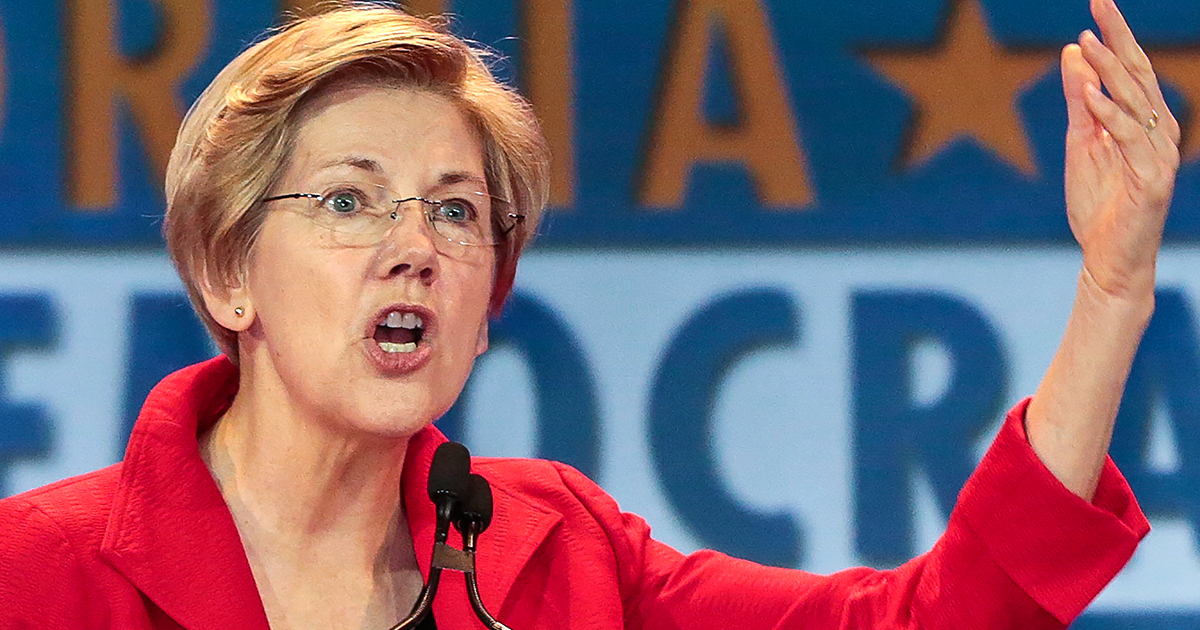Why Elizabeth Warren Won't Support the Cures Act

By:
On Monday, Sen. Elizabeth Warren (D-Mass.) retracted her support for a bill that would expedite the approval process for new drugs and medical devices and also increase funding for researchers. She said Republican lawmakers had included provisions in the legislation that would enrich the pharmaceutical industry, while reducing funds for research purposes.
 AP/Damian Dovarganes - apimages.com
AP/Damian Dovarganes - apimages.com
"I cannot vote for this bill," Warren said. "I will fight it because I know the difference between compromise and extortion."
Lawmakers announced that they had reached a compromise on the bill, known as the 21st Century Cures Act, last Friday. It is expected to come to a vote before the House on Wednesday, but critics of the revised bill have urged Congress to delay the vote.
In a statement emailed to U.S. News & World Report, a spokesperson for the House Energy and Commerce Committee said Democratic lawmakers will be "proposing some additional changes to the bill that are important to Democrats in order to garner strong bipartisan support."
Warren raised a number of concerns about the bill during a Monday speech on the Senate floor.
One of Warren's chief complaints concerned funding for federal agencies such as the National Institutes of Health — which, she said, amounted to just a "fig leaf" compared to what was initially requested. An earlier version of the bill included $8.75 billion in funds for NIH, while the current bill would allocate $4.8 billion.
She also criticized provisions that would remove requirements for doctors to report receiving payments from drug companies and "exempt companies from disclosing fees given doctors for receiving continuing medical education sessions, medical journals, or textbooks," STAT News reported.
The bill's supporters contend that the bill represents a bipartisan compromise and that the added provisions are designed to speed up the approval process for life-saving drugs and medical devices. A spokesperson for Tennessee Sen. Lamar Alexander (R), one of the lawmakers who announced the compromise bill last week, said in a statement that the bill "will help get safe products through the process more quickly and cheaply and increase competition that can help restrain the growth of drug prices."
Warren said the revised bill did not represent a bipartisan compromise. Rather, it represented a form of extortion, she said.
"Compromise is putting together common sense health proposals supported by Democrats, Republicans, and by most of the American people — and passing them into law," Warren said. "Extortion is holding those exact same proposals hostage unless everyone agrees to special favors for campaign donors and giveaways to the richest drug companies in the world."
